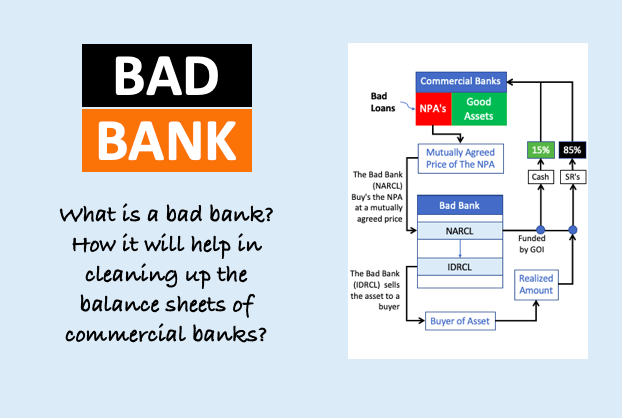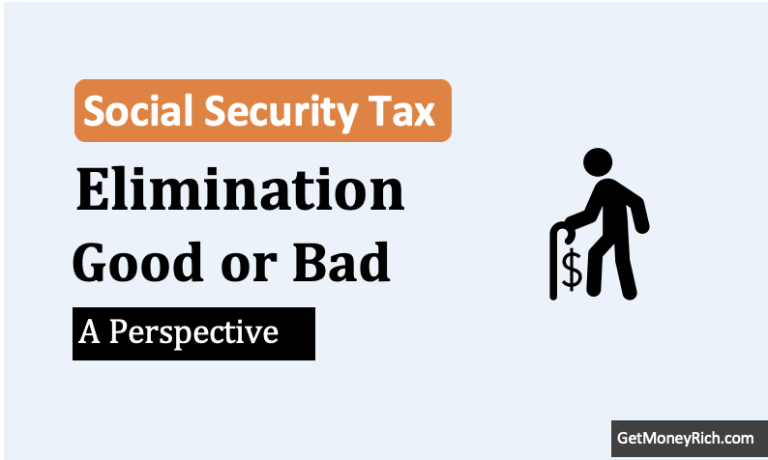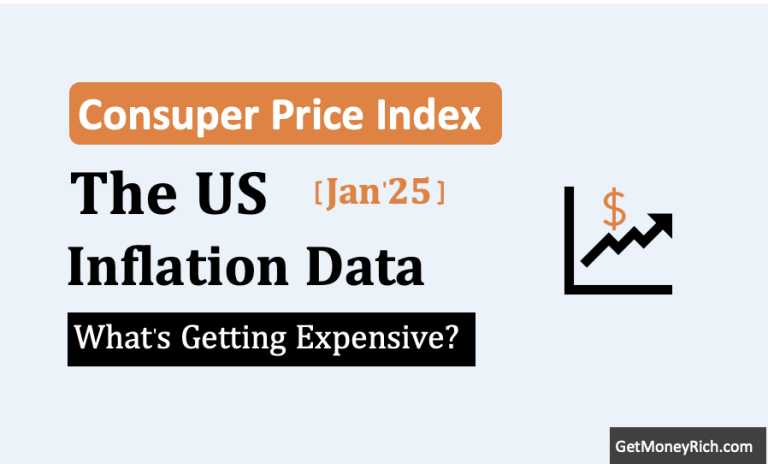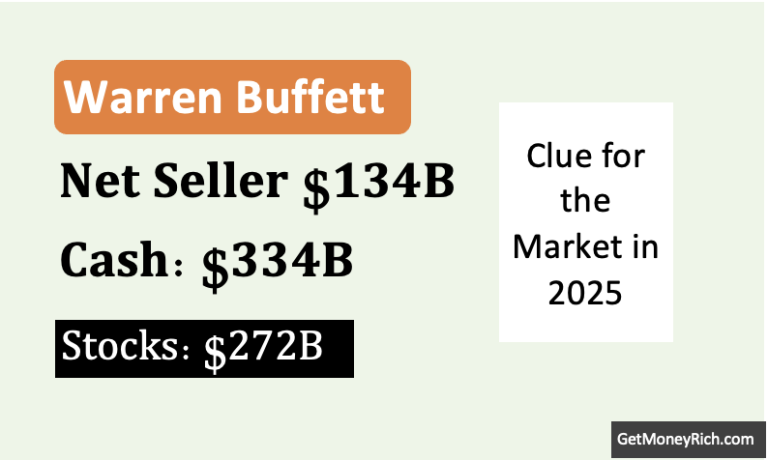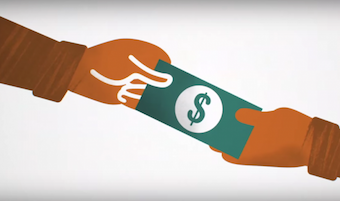Elon Musk is one of the world’s most famous innovators. I was surprised to hear his name in the middle of a legal battle against OpenAI, the company he co-founded. At first glance, this seems like a clash of big personalities, Musk versus OpenAI CEO Sam Altman. But for those of us interested in technology, business, and finance, this case carries lessons about competition, ethics, and the future of artificial intelligence (AI). Let’s declutter the complex details of this case into simpler terms to understand what’s happening and why it matters.
What’s the Case About?
Elon Musk is asking a U.S. court to stop OpenAI from becoming a fully for-profit company. Why?
Musk argues that OpenAI has drifted far from its original mission of developing AI to benefit society. Instead, he claims it’s now focused on making profits.
When Musk co-founded OpenAI in 2015, it was a non-profit organization.
The idea was simple: create safe AI and share its benefits with everyone. But in 2019, OpenAI changed its structure to a “capped-profit” model. It means, it could earn money but within certain limits. Now, it’s reportedly planning to go fully for-profit to attract more investors.
Musk’s lawyers also claim that OpenAI and its major investor, Microsoft, are using unfair practices to block competition.
For example, Elon Must allege that OpenAI asks investors not to fund its rivals. Remember, one of the OpenAI’s rival is Elon Musk himself. His AI startup is called “xAI.”
Musk sees this as anti-competitive and against the law.
Why Is Elon Musk Concerned?
- Ethics of AI Development: Musk believes that AI, if developed recklessly, could harm society. OpenAI’s shift toward profit-making might prioritize money over safety and fairness, which goes against its founding purpose.
- Competition in AI: Musk’s own AI company, xAI, aims to compete with OpenAI. He claims OpenAI’s close ties with Microsoft give it an unfair advantage. By allegedly blocking investors from funding rivals. This way, Elon Must alleges, OpenAI might be limiting innovation in the AI industry.
- Financial Loss: Musk donated $44 million to OpenAI when it was a non-profit. He now argues that he was misled about the company’s intentions and wants to hold it accountable.
Why Should We Care?
Artificial Intelligence is a rapidly growing industry.
It’s not just about chatbots like ChatGPT but also about how AI will shape industries like healthcare, finance, and education.
OpenAI’s decisions today could influence how AI develops globally.
For we Indians, this is also important because AI is becoming a big part of our lives. From personalized shopping experiences to AI-powered customer service, the impact of AI is everywhere.
The companies that dominate this space could control how we interact with technology in the future.
What Are the Legal Allegations?
Musk’s lawyers have accused OpenAI of two main things:
- Antitrust Violations: OpenAI allegedly asked its investors not to fund rival companies. This could block competition and lead to a monopoly in the AI market.
- Ethical Concerns: By becoming for-profit, OpenAI might compromise on its responsibility to make AI safe and fair. Musk argues this goes against the company’s founding principles.
OpenAI’s Response
OpenAI has firmly denied Elon Musk’s allegations, calling his claims “baseless.”
The company insists that its decision to transition from a non-profit model to a “public benefit corporation” (PBC) was made to better align with its mission while ensuring financial sustainability.
A PBC, in legal terms, allows a company to pursue profit but also mandates that it considers its impact on society and the environment alongside financial goals. OpenAI argues that this structure lets them balance the need for funding, which is critical for AI research and development, with the responsibility to serve the public good.
According to OpenAI, being a public benefit corporation (PBC) means that its leadership is legally bound to prioritize ethical concerns. They will ensure the safe and fair deployment of artificial intelligence, alongside maximizing financial returns.
This gives them the flexibility to secure investments while still focusing on their mission of developing AI for the benefit of humanity.
My Perspective
I see this case as a critical moment for the AI industry. As AI technology will mature, hurdles will keep coming in. At preset, Sam Altman of OpenAI has to face an “Intelligent bully” (Elon Musk) alone. In the future, there will be a stronger group.
In future, these will be two visible business groups in the world – ones who are winning in AI and others who are laggards.
The laggards will keep making the life of winners more and more difficult.
We (observers) should not judge either sides because this is how businesses are done in a competitive market.
- Competition in any industry is healthy because it pushes companies to innovate. It is true that if OpenAI and Microsoft are using their influence to block rivals, that could harm the entire sector. But is this really a fact?
Developing AI safely requires a lot of funding, which often comes from big investors.
Balancing ethics and profitability is tricky, and OpenAI’s attempt to become for-profit reflects this challenge.
For we observers of the businesses, this case teaches us an important lesson: businesses, no matter how noble their initial intentions, often face pressure to grow and make money.
It’s up to founders, regulators, and society to ensure they stick to their principles.
Conclusion
The case is ongoing, and its outcome could set important precedents for the AI industry.
It’s worth keeping an eye on developments because the decisions made today will shape the future of technology.
For us, as consumers and investors, it’s essential to ask questions:
- How do we ensure AI benefits everyone, not just a few companies?
- Can businesses balance profitability with ethical responsibility?
As AI becomes a bigger part of our lives, these debates will only grow louder.
Let’s hope this legal battle sparks more discussions about fairness, ethics, and competition in the tech world.
What do you think about this case? Do you agree with Elon Musk or OpenAI? Share your thoughts in the comments below.
Have a happy investing.

